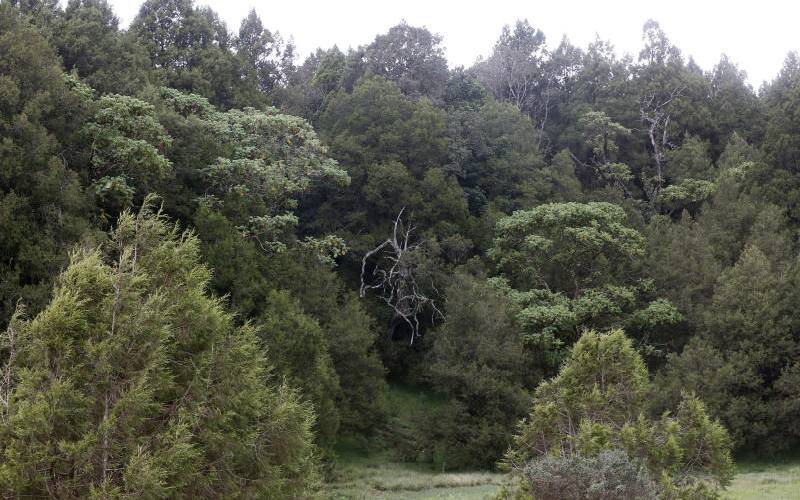×
The Standard e-Paper
Join Thousands Daily

When the first case of COVID-19 was confirmed in Kenya on March 12, 2020, little did we know it will last this long and stall economic and social activities the way it has. The government initiated various response measures - the need for social distancing, stay-at home/work from home routines, 4 am to 7 pm curfew which was extended to 9pm, cessation of movement in select counties and ban on international travels - to control the spread of the disease, leaving almost all sectors of the economy affected.